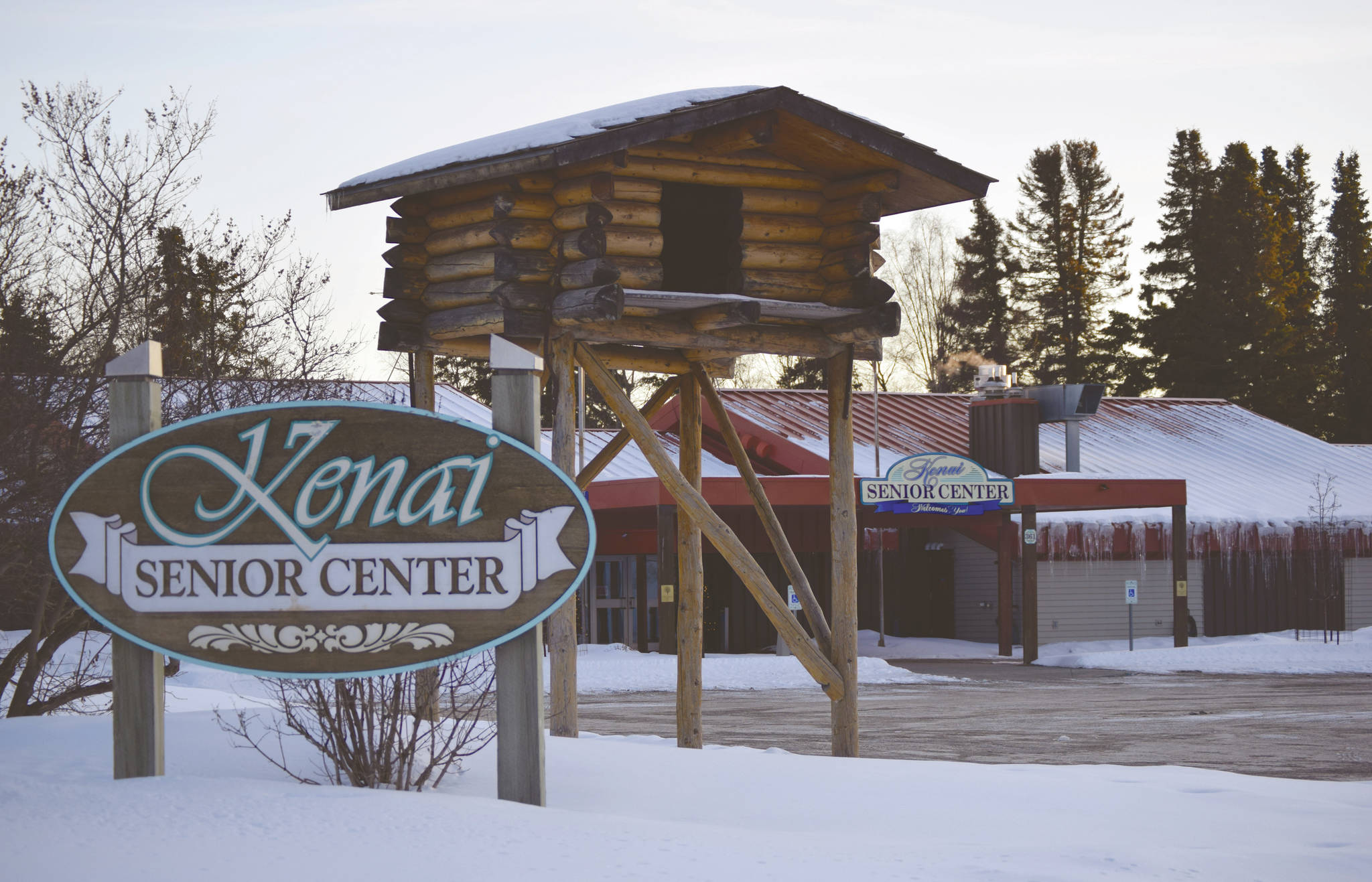This article has been updated.
Friday evening Gov. Mike Dunleavy issued health mandates limiting visitation to Alaska Pioneer Homes.
Local senior care facilities are taking extra steps to make sure elderly Alaskans are practicing social distancing and good hygiene to limit their exposure to COVID-19.
At the Soldotna Senior Center, residents are hearing daily announcements about handwashing, using hand sanitizer, and staying home if they are under the weather, Executive Director John Walker said. Touched surfaces are also getting sanitized regularly, he said.
“We’re keeping up to date with the latest information,” Walker said. “We have not changed our operations at this time.”
At the Sterling Senior Center, staff are cleaning more often, Director Peggy Eymann said. She said informational posters from the U.S. Centers for Disease Control and Prevention have been posted throughout the building and the governor’s daily press conferences on the new coronavirus are played in the common area. The staff are also issuing their own daily announcements and reminders, she said.
The senior center breakfast planned for Saturday was canceled Friday.
“We’re taking multiple precautions, one day at a time,” Eymann said.
The Kenai Senior Center will be closed March 16-22 and canceled their March for Meals fundraising event in response to the COVID-19 public health threat, an announcement from the center said. The fundraiser will be rescheduled for a later date.
“After careful consideration for the health and safety of our employees, supporters and patrons, we have made the difficult decision to postpone the Kenai Senior Center’s March for Meals fundraising event scheduled for Friday, March 20, 2020, to a later date,” the announcement said. “This decision is based on the evolving COVID-19 public health threat and our ability to ensure our event does not contribute to the spread of the pandemic.”
The center’s director, Kathy Romain, said the center’s administration is “closely monitoring” the situation. The Kenai Senior Center shares a portion of Kenai’s bluff with a 40-unit independent living center called Vintage Pointe. Both facilities are being sanitized consistently, Romain said. Buffets, salad bars and other self-serve setups have been altered so staff are serving members, Romain said. On Monday, Romain said the residents of Vintage Pointe will gather for a tenant meeting and discuss preparedness in the case of a local outbreak.
“We’re trying to stay ahead of the game,” Romain said.
The Kenaitze Tribe announced through a Saturday post on their Facebook page that the Tyotkas Elder Center will be closed starting Monday. The post didn’t specify when the center would be reopened, but noted that staff will continue preparing meals and delivering them to elders.
As of Friday afternoon, several events are still lined up to take place next week at the Nikiski Senior Center. The center’s executive director, Pam Knudsen, said she is working on possible precautions to bring to the center’s board of directors next week.
Late afternoon Friday, Alaska’s Department of Health and Social Services and Chief Medical Officer Dr. Anne Zink issued a health alert for seniors specifically. The alert is intended to protect Alaskans who are at greatest risk for the most severe outcomes of this disease.
The alert lays out new policies for long-term care facilities — like implementing screening processes for anyone entering senior care facilities, limiting visitor movement in the facility and monitoring respiratory illness among resident patients.
“Our elders in nursing homes are particularly vulnerable to this disease and our actions are intended to protect vulnerable adults,” Zink said in the alert. “Our desire is to establish a close partnership with long-term care facilities and we’re asking families, friends and others who work in and visit these facilities to help us protect the health and safety of our parents, grandparents and other loved ones.”
The health alert asks facilities to implement a screening process for anyone entering the facility who is not a resident or staff member, which “should occur before, or immediately upon, entering the facility.”
The alert is asking care centers to change visitor policies to further limit exposure by limiting visitation to essential individuals, screening all visitors for illness and symptoms and keeping a detailed log of all visitors. The alert is also asking resident activities involving community outings and group gatherings to be limited.
In case of staffing shortages, the alert is asking facilities to consider staffing contingency plans.
Senior centers can reach out to the department’s section of epidemiology for further information at 907-269-8000.
There are 1,629 cases across the U.S. in 47 other states and 41 total deaths, according to the U.S. Centers for Disease Control. The World Health Organization named the COVID-19 disease a global pandemic. The last global pandemic was in 2009 when H1N1, a novel influenza A virus, spread across the U.S. and then the world, according to the CDC.
COVID-19 is caused by the coronavirus that emerged in late 2019 in Wuhan, China. Symptoms for the disease include fever, runny nose, cough and breathing trouble. The elderly and those with weakened immune systems are particularly vulnerable to the disease.

